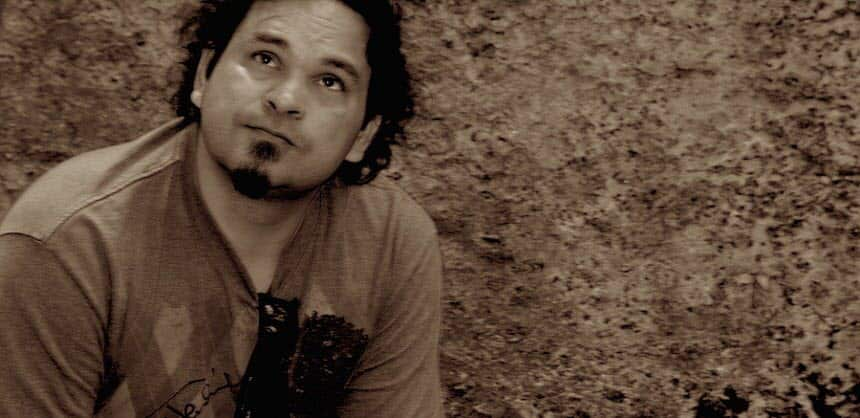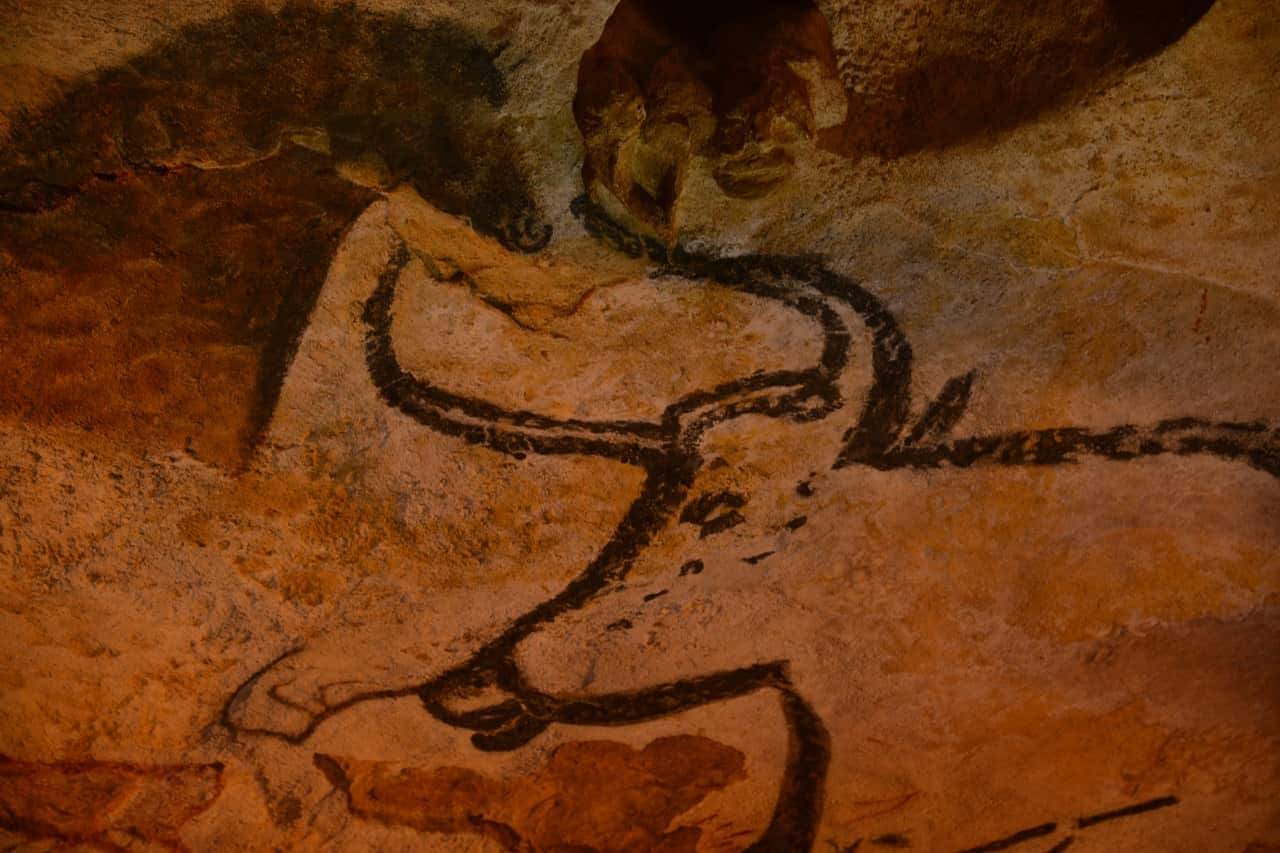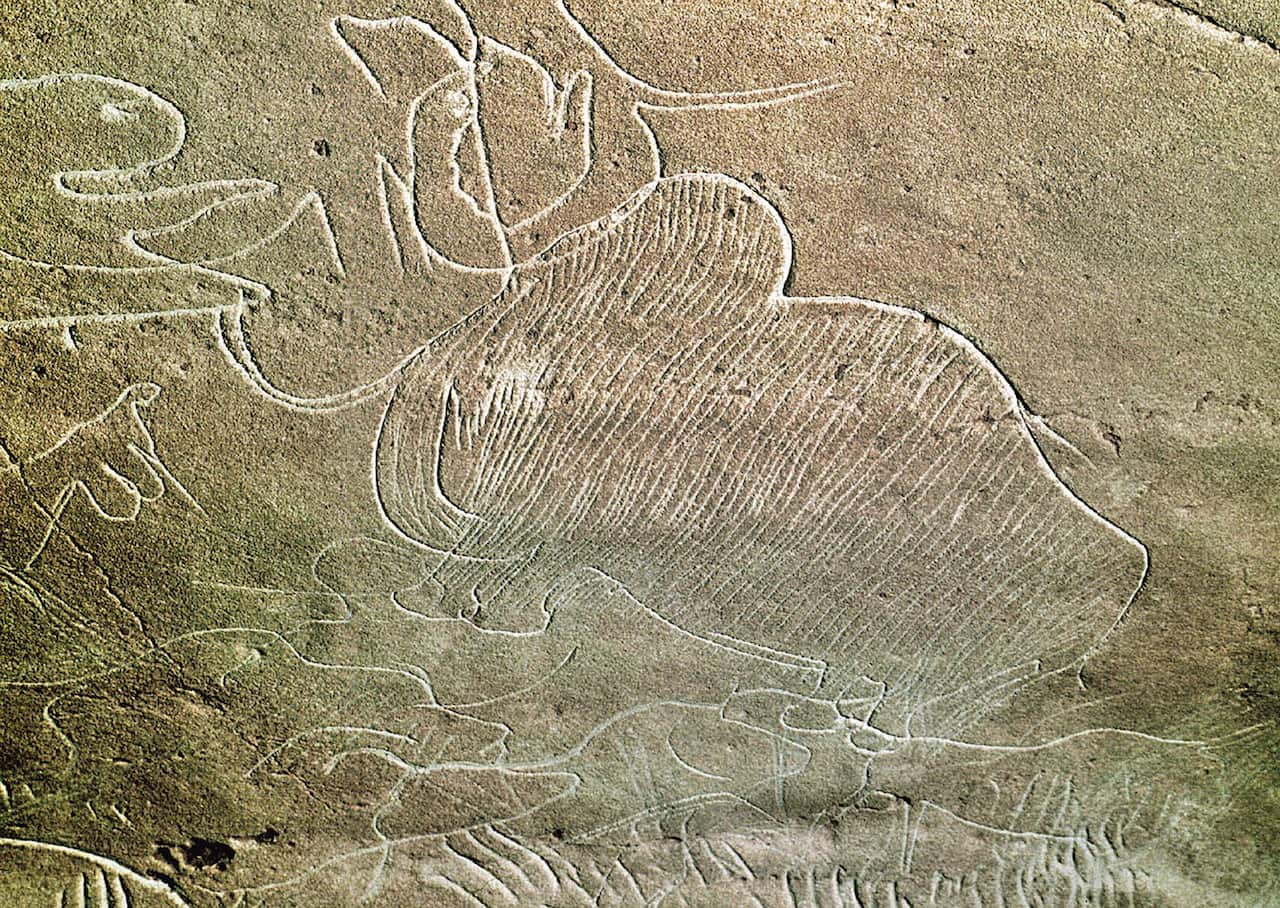Reflecting on NAIDOC Week this year, and doing some recent work filming the stories of the Dordogne Caves in France with the Worldwide Indigenous Science Network (WISN), I get a sense that White Society is eager and hungry to learn more about what is means to be Indigenous.
My first thought on this notion was that White Society doesn’t deserve to reconnect with its Indigenous self. I mean after all, they have afflicted so much hate towards Indigenous people through colonisation, and by doing so, they have created a social discourse; the destruction and isolation from the natural world and infected us with these values.
I wondered what it would be like for a White Australian to bare the burden of what their ancestors had done to Indigenous people, and to have this 'loss' of ancient customs and ongoing cultural rituals.
I wondered what it would be like for a White Australian to bear the burden of what their ancestors had done to Indigenous people, and to have this loss of their own ancient customs and ongoing cultural rituals.
What is really interesting is that the Sami are the only Indigenous people of Scandinavia recognized and protected under the international conventions of Indigenous peoples, and are hence the northernmost Indigenous people of Europe.

I felt a deep sadness for White Australia. I cannot even imagine what it feels like to not have my Kuku-Yalanji culture and don’t wish a loss of ancient traditional culture on anyone. So during NAIDOC I have reflected on the role that I can play to ensure all of Australia is thinking with an Indigenous mind and how this could possibly change things.
What opened my eyes?
Last week I had the amazing opportunity to be a part of the WISN science and culture research team lead by Dr Apela Colorado, Founder and CEO of WISN.
The team is seeking to understand more about the caves in the south of France and the project brought together a wide range of people with skills and experience in both, cultural and scientific practices.
... the stories [Dordogne Cave paintings] show real connection to these ancient times and represent the people who wanted to share their culture and knowledge to the world.
The stories painted on the walls were a reflection of the natural world.

I interviewed the Indigenous people of the region who shared many creation stories that are quite similar to those of any other Indigenous communities around the globe. These stories that share a place and time in a location that was so precise to how the land was shaped and formed, just as the Yalanji stories that I’m connected to do as well.
I have to say when I entered one cave in particular, I got a deep sense of sadness that resonated in the walls and I saw with my own eyes how the caved affected those who entered it.
When I entered one cave in particular, I got a deep sense of sadness and I saw with my own eyes how the caved affected those who entered it. It was a dark sadness that I have never experienced and was like something wanted to be released. When you think about how many years they have been caves of 'forgotten dreams', it is sad contemplating how European people seemed to have lost this connection over time, and being a proud Kuku-Yalanji man, I know how vital it is to continue your culture.

I’m so grateful for even the little knowledge about Yalanji Ngujakura (law/lore) that was passed down to me from my family and community. When entering our Yalanji caves you get a feeling of security in the fact we still speak with the ancestors a practice that has continued for more than 40,000 years. And when you look for the signs from the ancestors and read the land, these French cave projects showed me that it is critical for Indigenous people all over the globe to unite and help western society reconnect with its Indigenous mind.
How can we help White Australia reconnect to an Indigenous mind?
If we as Indigenous people encourage and support western society to embrace and experience what it means to be Indigenous and help them reconnect with their ancient ancestry, this is likely to have an impact on our humanity and nature.
The Dordogne Caves are an example of a source of culture and place of identity which the French are embracing and trying to find that real cultural and spiritual connection. Cultural events like NAIDOC could also support western people and allow for them to connect with their own Indigenous identities rather than just ours.
Cultural events like NAIDOC could also support western people and allow for them to connect with their own Indigenous identities rather than just ours.
It genuinely annoys me when I see non-Indigenous people doing 'shake a leg' at NAIDOC events. Maybe NAIDOC for White Australians needs to be more of a cultural offering in that they don’t dance our dances they could join in by performing a Sami or Gaelic dance or another tradition.
If White Australia decolonise their thinking and seek an Indigenous mind from their own ancient perspectives, I believe this will build better relationships and respect toward each other and create a value system that will restore the our current political and social landscape.
If White Australia find an Indigenous mind from their own ancient perspectives, I believe this will build better relationships and respect toward each other and create a value system that will restore our political and social landscape.
For all the latest Indigenous news, features and video content at NITV like us on Facebook and Twitter

